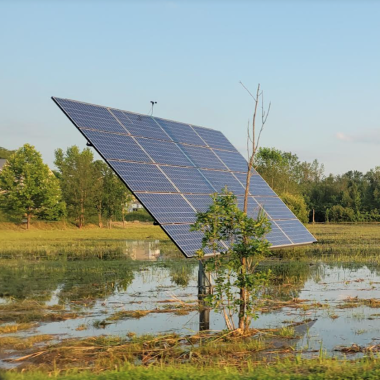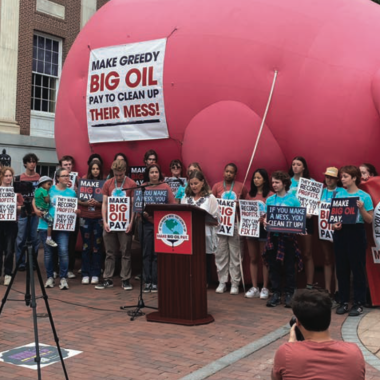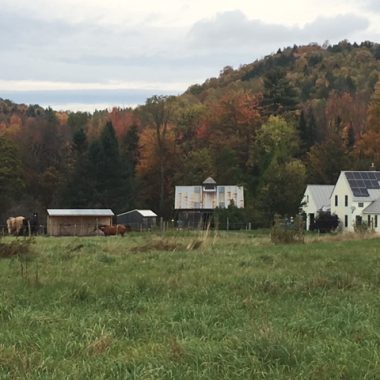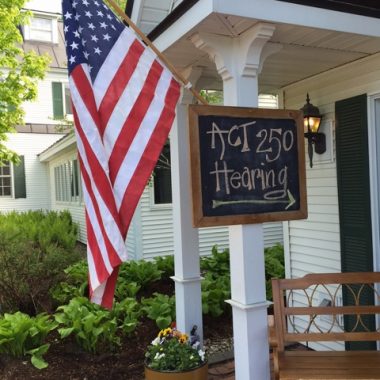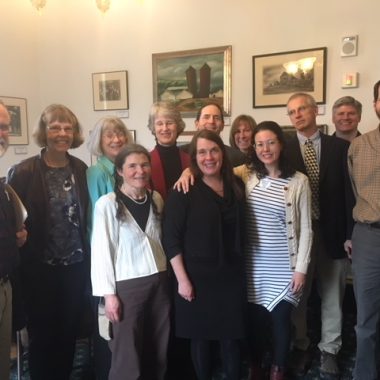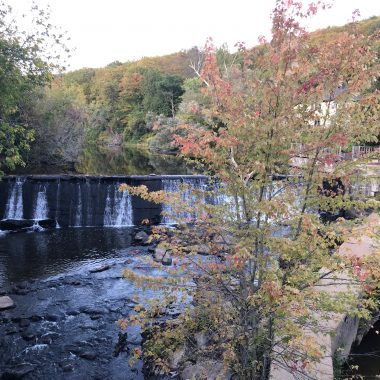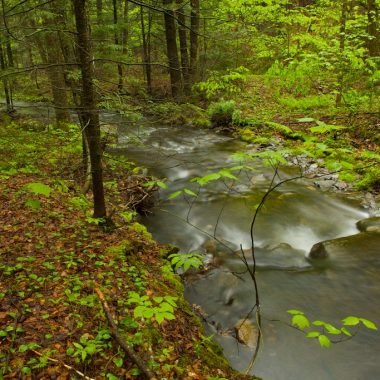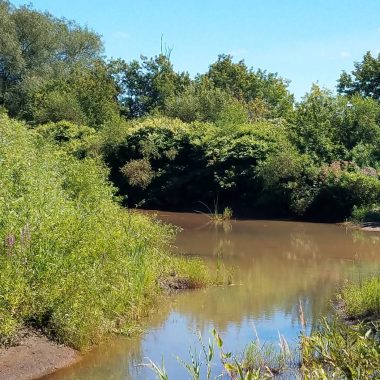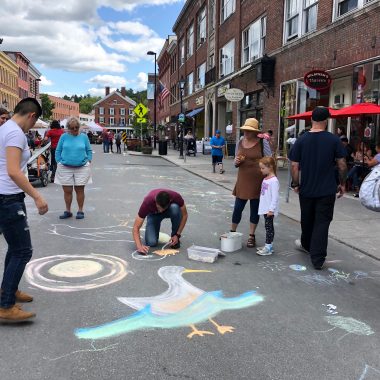
The discovery of toxic PFAS-contaminated drinking water in Bennington County in 2016 highlighted systemic problems with toxic chemicals in Vermont. Since then, VNRC has advocated for policies that protect Vermonters’ health by reducing exposure to hazardous chemicals, holding polluters accountable for harm caused by the toxic chemicals they release, and ensuring our waters are clean and safe.
In 2019, our advocacy helped usher in legislation addressing Vermonters’ exposure to toxic chemicals. One such bill, S.55, will improve the existing state program that provides parents with information on toxic chemicals in children’s products, and improve the process for regulating the use of harmful chemicals in our kids’ products. We will be working with the Department of Health to ensure successful implementation.
Governor Scott also signed into law S.49, a bill addressing cancer-causing PFAS chemicals in public drinking water supplies, and S.40, a bill that requires testing and cleanup of lead contamination in drinking water in all Vermont schools and childcare facilities. S.49 requires the Vermont Agency of Natural Resources (ANR) to test all public drinking water supplies and develop drinking water and surface water standards for PFAS chemicals.
VNRC is working with ANR to push for a strong monitoring program so we can better understand where PFAS contamination exists in the state, and to ensure swift adoption of health-protective PFAS drinking water regulations. And we will be watchdogging the implementation of S.40 to ensure all our children, teachers, and staff are drinking water at school that’s safe from lead contamination.
In 2022, after years of hard work, S.113, a first-in-the-nation medical monitoring bill took effect to help Vermonters harmed by toxic contamination, allowing them to use the courts to sue polluters for the costs of their medical monitoring — screening for early detection and prevention of illnesses caused by exposure to toxic chemicals. The bill also authorizes the State to sue manufacturers of dangerous chemicals that harm Vermont’s natural resources and public facilities.
In 2024, Vermont further banned PFAS and other toxic chemicals from personal care and menstrual products, and to ban PFAS from apparel, cookware, artificial turf, and children’s products – another big step forward in protecting the health of Vermonters.





